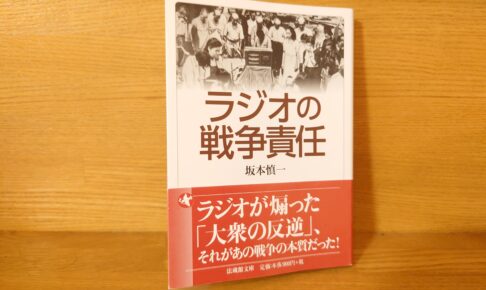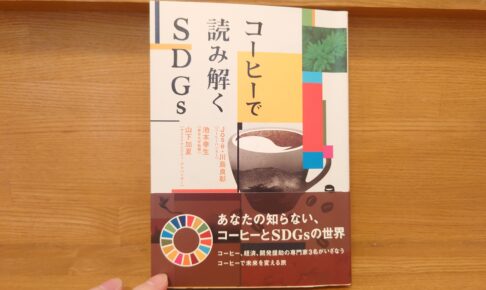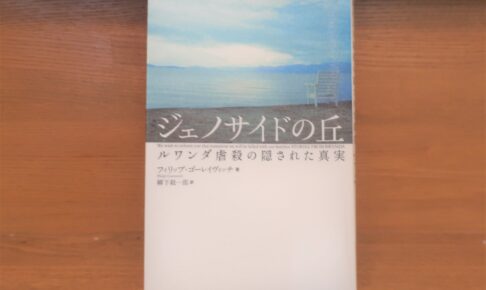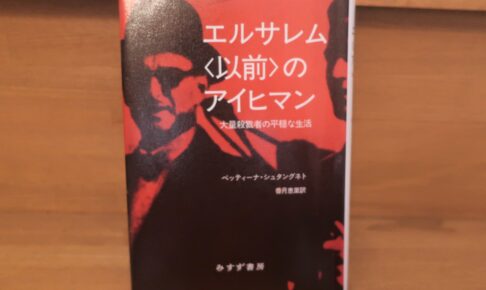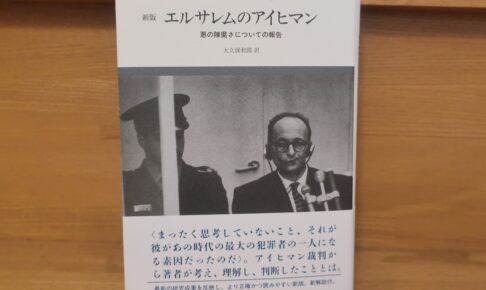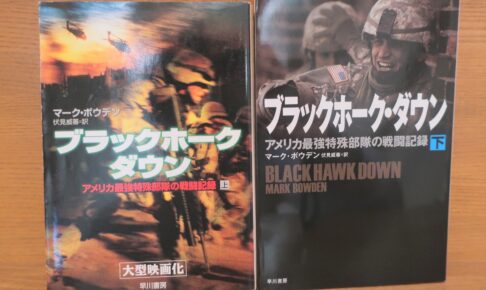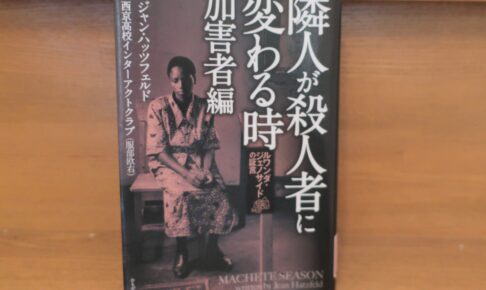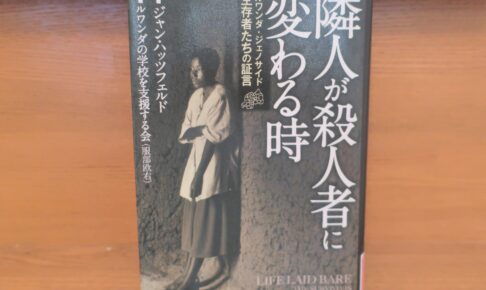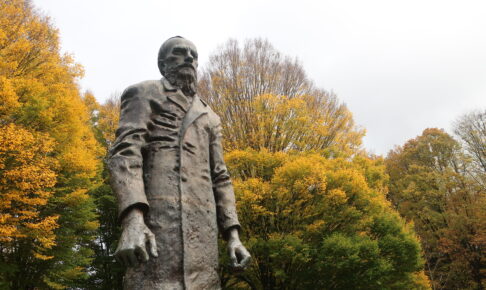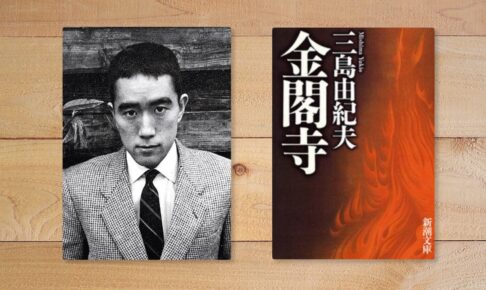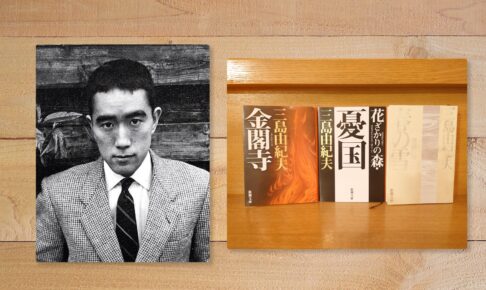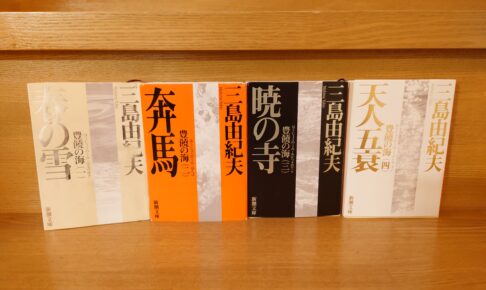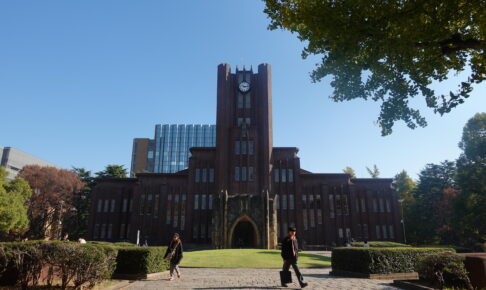Shinichi Sakamoto, "Radio's War Responsibility" - Nationalism fueled by the media. Highly recommended for learning about the mechanisms of war!
It was surprising to learn that Buddhist scholars, orators, and preaching masters used to speak about Buddhism on the radio in Japan and had a strong influence on many people.
In this book, you will also discover amazing facts about Konosuke Matsushita, the overwhelming oratorical abilities of politician Yosuke Matsuoka, and the achievements of Hiroshi Shimomura, the man behind the Gyokuon-broadcasting that brought the war to an end.
Anyway, please read it. And do it as soon as possible! It is not every day you come across a book like this. It is one of the best books to read at a time when the world is very unstable.












